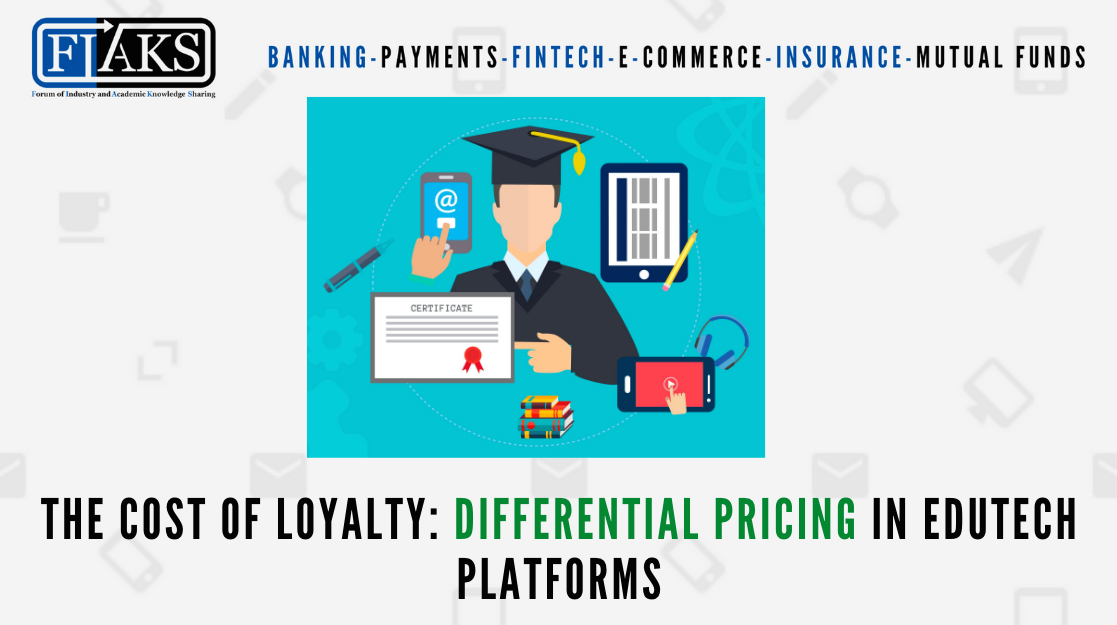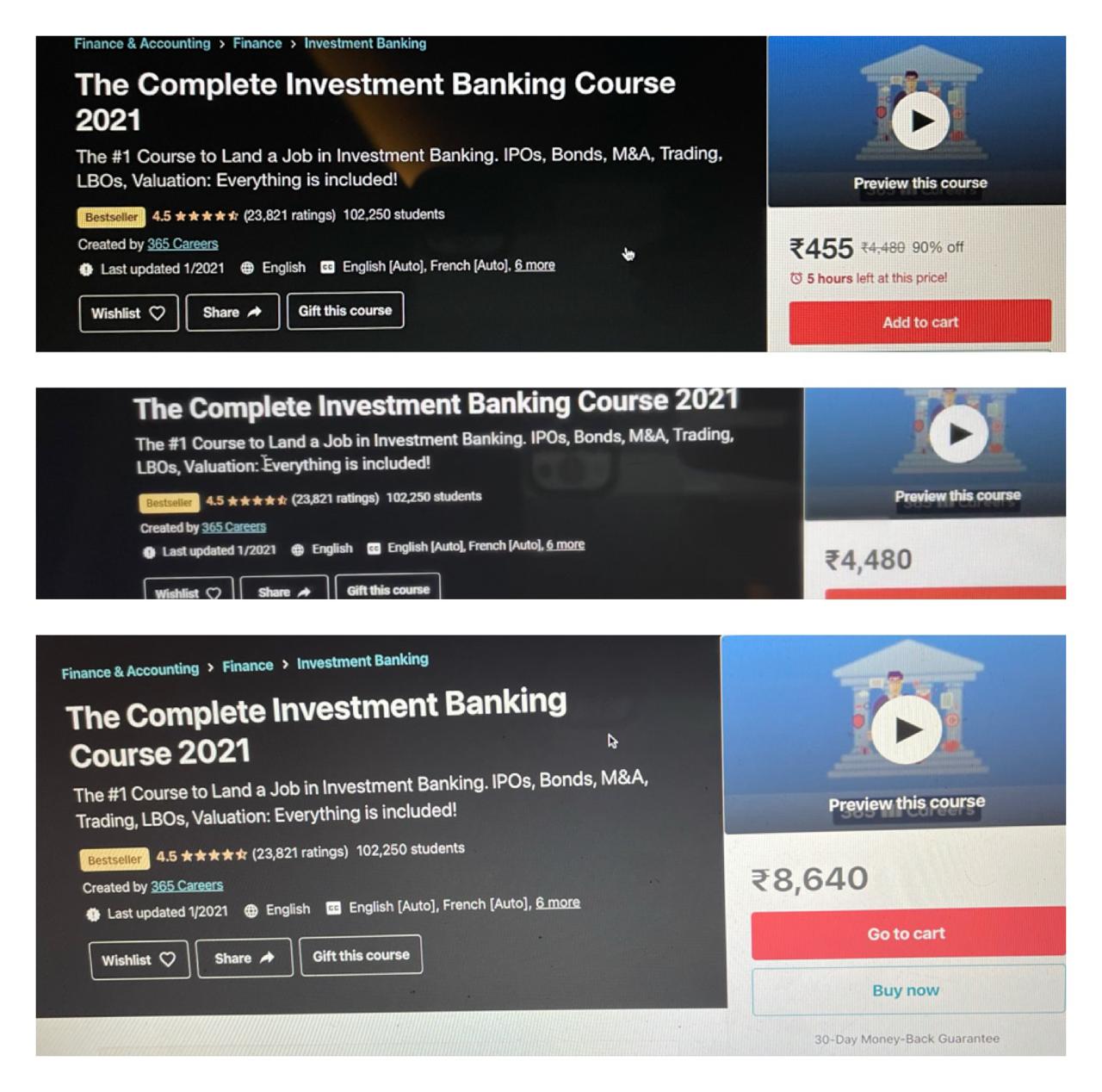Several Founders, Co-Founders, CXO Bankers, CXO Fintech professional & people who participated in the ePanel discussions:
- Mr. Jayaram M, Consultant (Partner), Basil Capital
- Mr. Arun Tanksali, Co-founder & CTO, Nearex
- Mr. Probir Roy, Co-founder, Paymate
- Mr. Narayanan, General Manager, Business Solutions, Cognizant
- Mr. Sheoji Meena, General Manager, Bank of India
- Mr. C V Ramana Rao, Sr Manager, Punjab National Bank
- Mr. Neeraj Chandra, Head of Operations and Technology, India, Abu Dhabi Commercial Bank
- Mr. Kamonasish Aayush Mazumdar, Founder & CEO at Foodieverse
- Mr. P B Prakash, Head-Financial Institutions Group, IndusInd Bank
- Mr. Hemal Shah, former Technical Product Manager, Mastercard
- Mr. Vikas R Panditrao, Co-Founder, Forum of Industry and Academic Knowledge Sharing (FIAKS)
- Many other CEO/CXO Bankers & Fintech professionals on FIAKS Forum requested to remain anonymous
Lifelong learning, perpetual upskilling & distant education have benefited from & also fed to the growing market of online educational platforms like Udemy, EDx & Coursera among others. Knowledge, as a product in the market, seldom comes free. Various platforms work on different pricing models. Non-certificate platforms like Khan Academy & Duolingo have an optional premium membership/ donations for an ad-free experience. Sites like Coursera & EDx allow students to audit the courses for free, payment is thus only for certification. Other platforms, like Udemy, require the learner to pay first, access later.
From anecdotal evidence about differential pricing on Udemy, the FIAKS Community debated on ‘the logic behind differential pricing when the content doesn’t vary’.
The anecdote that sparked this debate:
The price of ‘The Complete Investment Banking Course 2021’ was first seen as INR 445, a deep 90% discount on the original price of INR 4480. On another device, however, the price was marked at INR 8640.
Question 1. Isn’t this a FRAUD of pricing the same product differently at the same point in time? What is the variable here to charge differently?
Question 2. To your regular customers shouldn’t you charge less or give a discount? Here the company is charging high to its loyal/ repeat customers. This is bad, isn’t it?
Question 3. Why are these online courses not regulated?
The dichotomous views
The supporters cited differential & surge pricing in other industries and deduced it to be ethical in the edutech industry as well. The other side stood the ground that it was unethical for the price of a course to change when the content itself is constant.
This is exactly what happens in Uber/ Ola/ Airlines/ Amazon etc… Why not here?
- A fundamental rule in microeconomics is other things constant, an increase in demand will be followed by an increase in price. Therefore, if the price increases with demand, it may not be classified as differential pricing, but as ‘peak load pricing’ – many ad programming software have an inbuilt provision for dynamic loading (pricing) according to the time of day, device, time of year, etc.
It’s like an Uber surge. But there, the surge concept is spelled out in advance.
- Other examples: lastminute.com or airline or holidays or hotel pricing. The same concept is being tried in edutech. No need to regulate. It’s noticed that challengers flatten the arbitrage in time.
- Another member viewed Udemy’s model as exponential pricing.
However, this doesn’t negate the existence of differential pricing:
- Check an airline ticket online and after each interval, you will see an increase in charges. This shows that service providers use AI to watch you closely and charge extra depending on your keenness to buy the product or service. When you keep checking the rates, the service provider will analyze your plans and come to know the most suitable dates, consequently increasing the rates for tickets that are suitable to you.
- The phenomenon of differential pricing is universal – everything from airplane tickets to pairs of shoes is available at varied rates that fluctuate depending on the merchant, algorithms, availability of discount codes, and of course, your behavior.
And therefore, some said, Let the market decide!
- A value of INR 455 against INR 8640 at the same point in time, seems unreasonable and beyond all logic, possibly repelling consumers. However:
- In the first instance, it was 90% off from some list price available for 5 more hours. This could be just a gimmick or a genuine offer valid for that period. Either way, where’s the problem in someone offering a 90% discount for a first-time user to persuade them to sign up?
- In today’s market where deep discounts against a high price are normative, unless the discount has an identifiable bias for or against some group, there is no reason to complain.
- If people don’t like it they will go elsewhere. If they find value at whatever price, they will stick around. Unless there is a monopoly situation or where there is potential exploitation of the innocent, why should it matter to anyone other than the ones who set the price? They will live and die by their pricing strategies.
- Many of these courses tie-up with other orgs (both teaching and corporate) and offer a package of courses. The notional value of the courses in the package is the total of MRP, while the org pays a small fraction. There are colleges that bundle “1 lakh” worth of credits to use on some platforms, while the actual price paid would be a few thousand.
And yet, the question stands: How can the same value be priced so differently?


